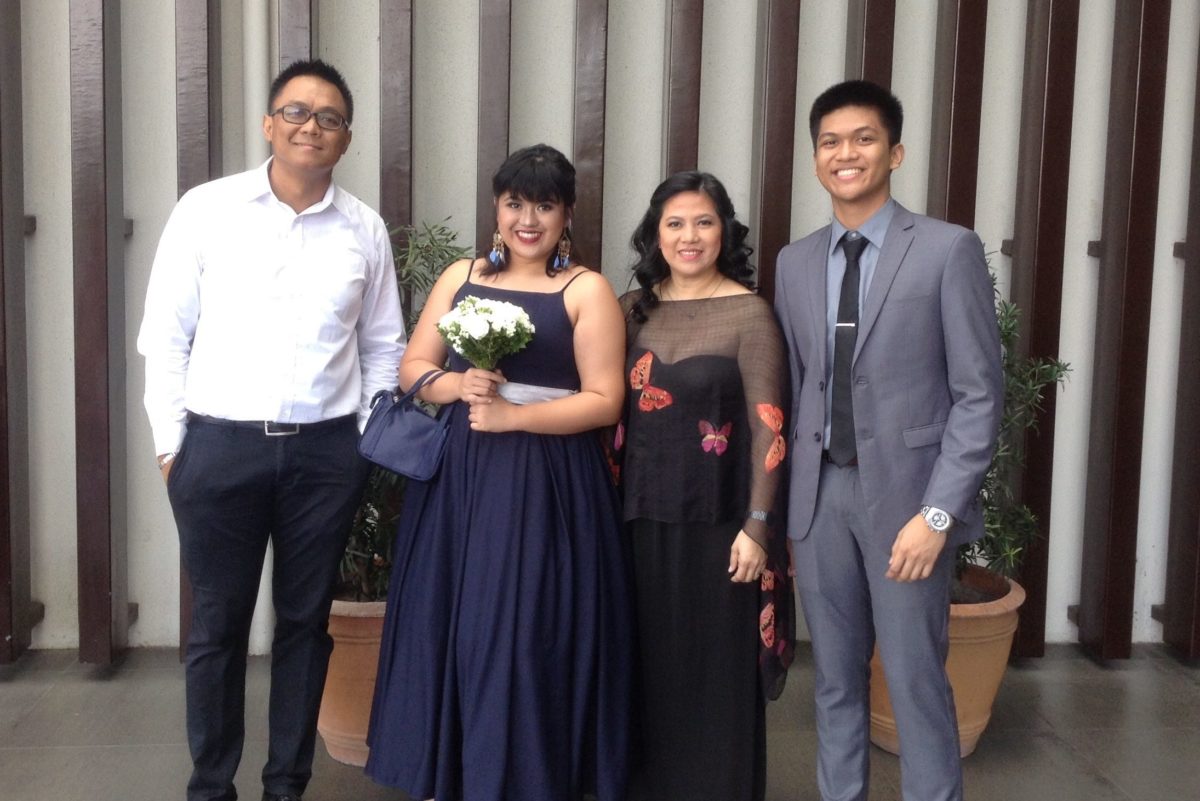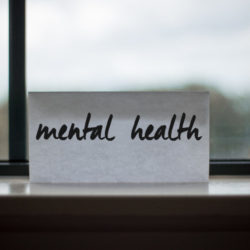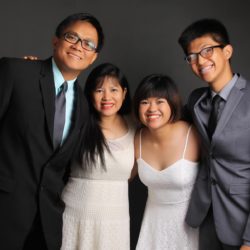*Trigger warning: Some themes may cause distress. Proceed with caution.
I can vaguely remember the overcast sky outside my window. It was drizzling—or it might have been raining—I am no longer sure. You’d expect me to remember everything about the day I asked for professional help up until the most minuscule, irrelevant detail, but no. I make a conscious decision every waking day to shove this memory to the recesses of my deeply troubled mind. But life has brought me back here full circle, to recall the story of how I asked my parents for the one thing I’ve always ever truly needed: help.
It was June, my birth month. As I type this, I am laughing at how ironic the situation I ended up in was. It was a month of celebration, supposedly, because birthdays remind us that we are still alive. But that particular year, 2015, was a whirlwind of emotions. I ended up celebrating my birth utterly craving for death. It wasn’t the type of suicidal thought that brought fear and pain and uncertainty. I no longer knew pain, or sadness, or insecurity; I was devoid of feeling. And when you feel nothing anymore, that’s when it gets really, really terrifying. I was ready to bleed myself dry, jump off a skyscraper, or overdose myself.
The moment I came upon this realization, only one thing kept me together: my family.
Don’t get me wrong. My situation with my family at that point was far from ideal. I no longer felt an affinity towards them. But I was desperate. I knew that this would be the last olive branch that I would ever give them. I was fully aware that I would most likely have killed myself if they didn’t help me this time around, especially since this was not the first time I cried for help.
The first time my parents saw my self-harm wounds around 2014, we were at church. It was after communion. I was pretending to pray, and my dad suddenly grabbed ahold of my arm—absolutely mortified and shocked—and said, “Ano yan?!” through his teeth. He was seething as we made our way back to the car after mass ended. He almost landed a punch at me if it weren’t for my mom who was trying to calm him down. He screamed at me, absolutely furious, and said, “May sakit lang ang gumagawa niyan!”
I promised them that I would stop cutting, but I stayed consistent in punishing myself this way. The second time around, my dad punched a hole through our front door. My brother wept. My mother sobbed and exclaimed, “Ikaw ang dahilan kung bakit tayo nagkakaganito!”
You can only imagine the silence that ensued within the next year or so. My family was falling apart because of me. And all I could do was punish myself even more by opening and reopening wounds all over my body, as if to make up for my transgressions. All these years of pain and suffering escalated. My life was abysmal.
All this brings us back to June, 2015.
I picked up my phone, and started typing “Mom, what do you think of me seeing a therapist?” After contemplating for a few minutes—erasing the message, retyping, trying to find some other way to say I wanted professional help—I finally hit send.
Who knew that this was only the beginning of a long journey with mental illness and the road to recovery? I certainly did not. It continues to be a long and arduous process. My parents were gracious enough to study and research about my condition after I was diagnosed with bipolar II disorder. Some people aren’t as fortunate; some people can’t afford medication and therapy. Some people don’t have parents like mine.
I have now forgiven my family. All the anger and worthlessness I felt beforehand because they didn’t understand – nor try to understand me—are now slowly dissipating. All the trauma they caused me are now being replaced with better memories. We have been mending our relationship ever since and they are now extremely open to almost anything that could help me in my recovery.
It is 2019 and I am now 21. Sometimes I feel like everything that has happened and is still happening to me is too much for one person to handle. But I believe that our lives have an inherent purpose and that we are all walking this Earth on a journey to find that purpose—or even define that purpose ourselves.
I am writing this as a testament to let all of you know that my illness does not define me. Although it has become a factor as I define my own purpose today, it will not keep me from pursuing the things that I love. It will not keep me from developing relationships with other people. It will not deter me from becoming a writer. It will not put out the fire in me.
My mind is in a far better disposition now compared to previous years. I am currently enjoying taking up my dream course, Creative Writing, at the University of Santo Tomas.
If you’re going through some form of mental illness or mental distress, please remember that asking for help is not something to be ashamed or afraid of. If you’re experiencing suicidal ideation, please do seek for help—be it from your parents, trusted friends, or even the guidance counselors at your school. There will always be help for those who need and want it.
As for the parents, please be patient, most especially at times when you don’t understand what your child may be going through. Please do not lose hope. Research and be open to ideas you have never encountered before. Do not close off your mind from accepting new information. Mental illnesses are real, now more than ever before.
If you’re looking for a sign, this is it. Keep going. It gets better—always.

Aleia Anies is a 21-year-old writer, keynote speaker, mental health advocate, make up artist, and activist. She is currently taking up Creative Writing in the University of Santo Tomas. She envisions a world filled with more self-love and less self-doubt. She likes to make music and illustrate oddities during her spare time.
You can find her online using the following social media handles:
- Twitter: @aleiaanies
- Instagram: @eiaanies
- Facebook: Aleia Anies





I have to point out my gratitude for your generosity giving support to those who actually need help on this important idea. Your very own dedication to getting the solution around had become extremely effective and has frequently empowered professionals like me to reach their endeavors. Your amazing warm and friendly useful information means much to me and even further to my fellow workers.